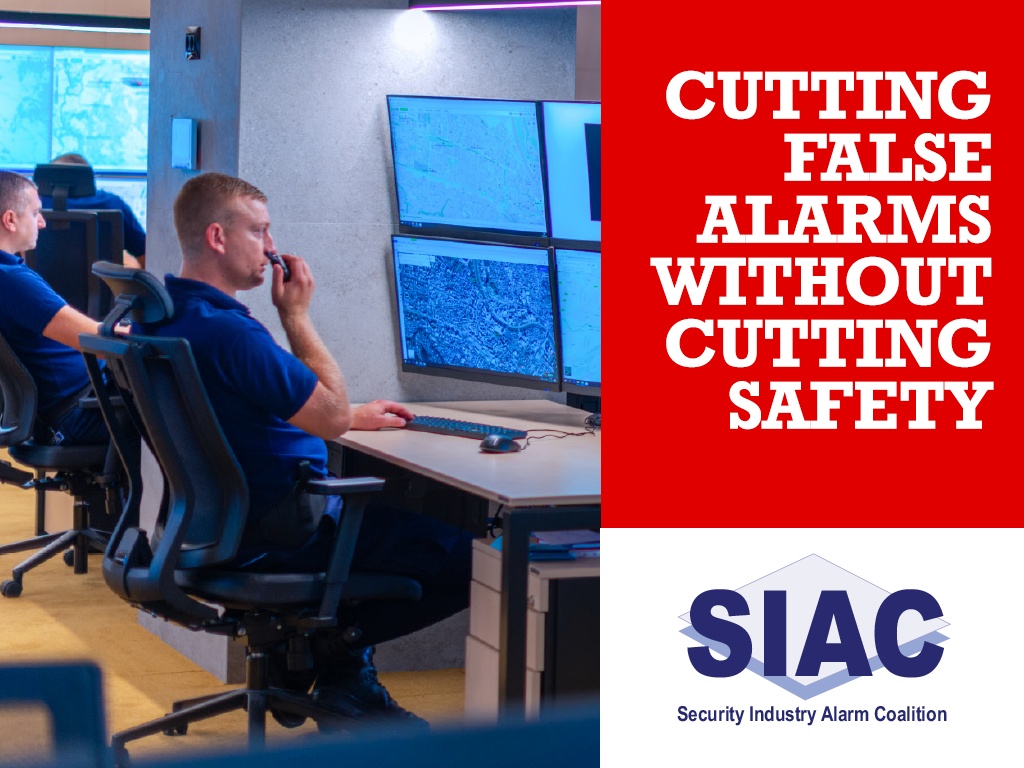Cannabis is Indeed a Growing Business

The old saying “Money doesn’t grow on trees” still holds true, but there is a lot of money to make these days from what’s growing on marijuana plants. From dispensaries, distributors, investors and beyond, the cannabis industry presents a plethora of economic opportunities. According to Stash Investment Advisors, the cannabis industry is estimated to grow from 15.3% to 34.03% annually, generating $47.5 billion by 2030.
This staggering industry growth also represents a huge new opportunity for security installers and systems integrators (SIs); security requirements for cannabis dispensaries dictate they have security systems with surveillance cameras, access control, data storage, video analytics, and integrated cannabis POS security cameras. There are a lot of reasons for these requirements, not the least among them, regulatory compliance.
Many states mandate surveillance systems as part of their licensing requirements for cannabis dispensaries to ensure that the dispensary adheres to legal standards. Security measures such as surveillance help deter theft from external threats and internal employee theft. Surveillance systems also help safeguard employees and customers by monitoring for any suspicious or dangerous activities. They keep an eye on inventory and confirm that all transactions are properly recorded, mitigating the risk for dispensary operators. And, in the event of a crime or dispute, which are unfortunately common in these locations, surveillance footage can provide critical evidence for law enforcement and assist in legal proceedings.
But while robust security video surveillance and access control measures are essential for cannabis dispensary operators, SIs looking to this market need to do their homework to best serve the security needs of these prospective new clients. Because marijuana is not yet federally legal, national security requirements for cannabis dispensaries do not exist; security requirements still vary from state-to-state, contingent on both overall cannabis legality and existing state laws. Familiarizing themselves with the compliance requirements in the state or states they’re serving will help security professionals advise their clients on the best solutions for keeping them compliant and mitigating risk.
As Jake Braunger, Vice President of Advocacy & Public Affairs for ESA points out, all states but four allow some form of cannabis use. He reports that some states are loosening certain cannabis restrictions and lifting those restrictions beyond medical use and CBD oils. (CBD oil derived from cannabis is a popular natural remedy for many ailments.) Some states only allow medical use, some only allow CBD oils with THC, some allow recreational use, etc. Systems integrator needs to check with their local jurisdiction to see the current requirements.
Findings from DISA Global Solutions, a third-party administrator (TPA), provide a comprehensive scope of services, including drug and alcohol testing, background checks, occupational health, transportation compliance, and financial due diligence. The DISA website states that marijuana laws are changing at a rapid pace across all 50 states, which can confuse available and current information. To keep up with the ever-changing laws, DISA has developed an interactive map which gets updated monthly that provides information on legalization, medical use, recreational use, and anything in between. It can be accessed on the DISA website via the MARIJUANA LEGALITY BY STATE – Updated July 31, 2024, page. This resource can help security professionals stay in the know about relevant state laws and security requirements for cannabis clients.
So, what are some of the most important legislation points relative to security in the cannabis industry? “The cat is out of the bag on cannabis,” Braunger says. “Both sides of the political aisle are eyeing it as a major way to fund government without increasing traditional tax rates – income, sales, property. However, there is still a widely held position that the sale of cannabis should be restricted more tightly than alcohol and tobacco, resulting in strict security requirements for the growing, storing, and retail of the product. This provides security integrators a great market to work with.”
It’s important to keep in mind that many cannabis production companies and dispensaries began by building business models predicated on operating costs, year-on-year yields, and optimistic sales revenues and margins. But the reality remains that the confusion around varying local and state regulations, associated sales taxes, and continued competition from illegal sales, coupled with the rise of internal shrinkage, is making it very challenging for many dispensaries to be assured that they’ll be profitable. Savvy dispensaries that invest in the security measures required for compliance are putting in place affordable, future-proof solutions. Those that are looking to expand will benefit from a video management system (VMS) that gives them the flexibility to connect additional cultivation sites and dispensaries to centralized control rooms without exponentially increasing licensing fees. Future-thinking dispensary operators will also benefit from equipping their surveillance systems with intelligent video analytics to better engage customers and increase sales.
Security professionals who stay on top of this growing market and its specific security needs and requirements have a ripe opportunity to add cannabis customers to their client roster. Braunger offers this advice to SIs: “Not every business owner is familiar with the best way to secure their business, and there are strict rules in place regarding the growing (fields), storing (warehouse), and selling (retail store) of cannabis. Many states are requiring 24-hour camera surveillance of all three levels of the business. SI’s should reach out to these businesses, after double checking the local laws, and offer to help them remain compliant with the laws passed. Since the substance is still illegal federally, and insurance rates are higher on the industry, owners must understand the importance of compliance to avoid jeopardizing their businesses.”
Proactive security professionals today are offering the expertise and technology solutions that cannabis dispensaries sorely need and expand their client portfolios in the process.




